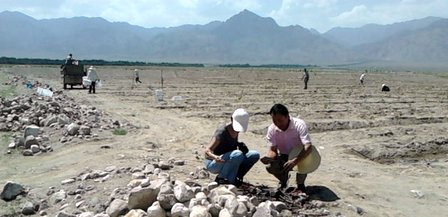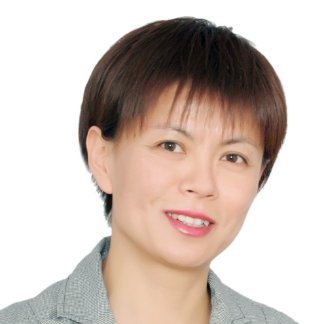By Jim Boyce
Professor Ma Huiqin of China Agricultural University is not only an expert on wine marketing and grape molecular biology, but also for more than a decade has taught a wine appreciation course at the school. Since finishing her postdoctoral studies at South Africa’s Stellenbosch University, Ma has completed stints at the ESA Group in France and The Hebrew University in Jerusalem, and has done academic collaboration with scholars on every continent. She is helping to organize a wine conference that starts in Ningxia in late August.
~
You are helping to organize the conference for the Helan Mountains East Piedmont Wine Festival. Who are some key speakers?
The key speakers will include professor Liz Thach, who is also a Master of Wine, from Sonoma State University in the United States, and professor Luigi Bavaresco, the director of Centro di Ricerca per la Viticoltura in Italy, as well as other grape and wine scientists.
Ningxia held a similar conference three years ago. What is the difference now and then?
I think Ningxia has more confidence in its grapes and wines. The government has put more energy into improving the industry and more emphasis on.internationalization. By internationalization, I do not mean a focus on exporting wines, but on introducing international standards and improving wine quality to a more widely acceptable level. In the past three years, we have seen many developments in these areas.
What grapes best match the conditions in Ningxia?
At present, the winning red wines in Ningxia are mainly made from Cabernet Sauvignon and Merlot grapes. I know a few wineries trying other noble varieties and also lesser known varieties in China such as Marselan. This region is still pretty new and I believe in about 10 years we will have a better idea of what grapes work best.
Given your trips to Ningxia, what initiatives do you think are necessary?
There is a need to establish standard viticulture processes for this area of China, which has a continental climate and requires grapevines to be buried during the harsh and dry winter. Innovation in grapevine training system is not only important for berry quality, but also crucial to controlling production costs, and especially labor costs, and to moving to mechanization or partial mechanization in the near future and thus making for a sustainable wine industry.
There is also a need to boost human resources and increase the number of qualified winemakers, wine salespeople, viticulturists, cellar door managers and wine tourist guides. More training in languages such as English and French is needed, since foreign language education in high schools and universities is currently far from the standard required by the industry and for international communications.
You also focus on wine marketing. As Ningxia has a small local market, and will need to sell an increasing amount of wine outside the region, what is your advice for wineries?
Ningxia is experiencing a sharp learning curve and could meet some surprises during the process. My perspective is a good quality-to-value ratio is very important as more and more consumers buy wine for its taste rather than as a status symbol. Ningxia can also try to promote the unique characteristics of its wine. In the future, it will be wines that are reasonably priced and that offer something special to consumers that will bring the best profits.

Grape Wall has no sponsors of advertisers: if you find the content and projects like World Marselan Day worthwhile, please help cover the costs via PayPal, WeChat or Alipay.
Sign up for the free Grape Wall newsletter here. Follow Grape Wall on LinkedIn, Instagram, Facebook and Twitter. And contact Grape Wall via grapewallofchina (at) gmail.com.


Leave a Reply
You must be logged in to post a comment.